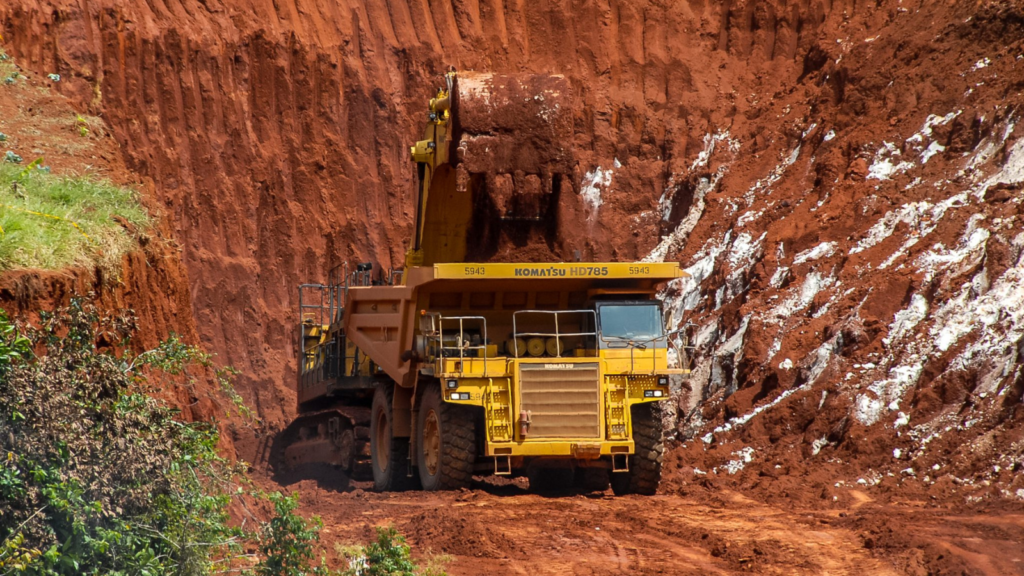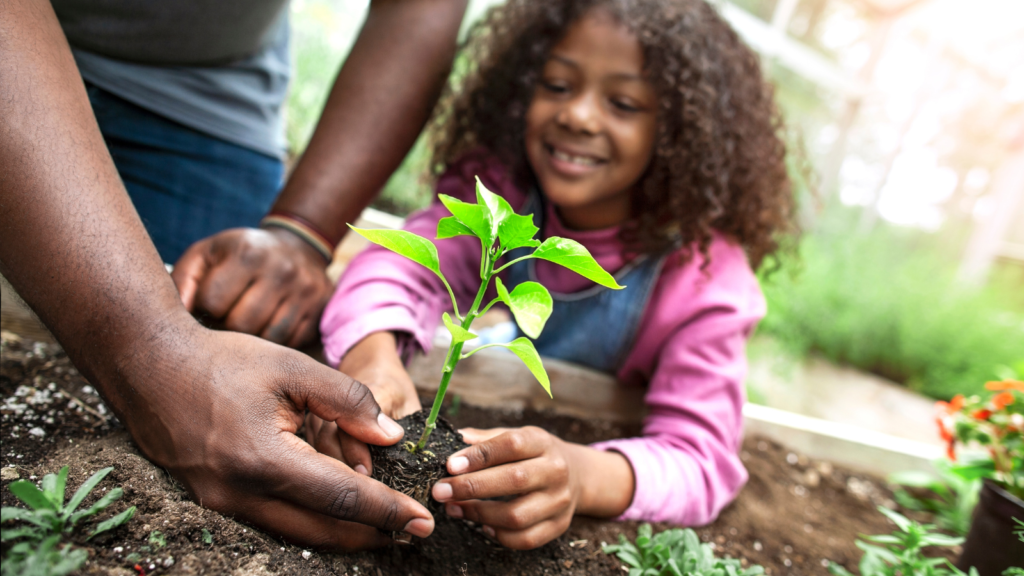Human rights lawyer and advocate Malene Alleyene believes that efforts to address the climate crisis should seek to eradicate the current systems that promote inequality rather than be focused on the symptoms of climate injustice across the Caribbean.
Speaking to the host of the Global Yaadie Podcast, Dainalyn Swaby, Alleyene said that the first step to achieving climate justice requires the hands and hearts of those who are left to bear the brunt of the crisis. Alleyene noted that “attacking the salient features of that system would be another step.”
New economic model a pathway for climate justice
“Once we understand that the climate crisis is rooted in this underlying system and model of development, and measure of progress, I think we can come closer to understanding that solving the climate crisis is not about governments making statements; it’s about people and communities mobilising across disciplines and coming together to define a new model of living together that kind of stands apart from what I would call the salient features of the prevailing economic system,” Alleyene explained.

Pointing to the current status of the Caribbean, Alleyene, the founder of Freedom Imaginaries, highlighted that, through a social imaginary viewpoint, work has to be done to protect the rights of people. Alleyene said that the corporate form, which was designed to maximise the profits of its owners, is a system that needs revisiting.
Unfortunately, these developments are sometimes done without considering the people living nearby.
An example can be drawn from the parish of St. James in Jamaica, where residents of the Montego Freeport expressed concerns over the construction of a new all-inclusive resort and spa. The Jamaican government greenlighted the construction even though no environmental impact assessment (EIA) was done by the developers.
Also in Jamaica, the issue of bauxite mining has plagued the parishes of Manchester and St. Ann for many decades, much to the opposition of the people living in these communities. Alleyene questioned whether the people living in these communities, who are mainly feeling the brunt of it, are benefiting from this development.
“That is something Jamaica has to ask itself and come to terms with whether it is just that certain people and communities have to sacrifice their entire communities their way of life, and their health, for the sake of developing a bauxite alumina industry, which is supposed to supposedly bring development. But you have to ask, how much of this development [are] profits and how much is going to communities, and how much is going to…whoever it’s going to,” she said.
The work being done in South Africa and parts of Latin America was brought into focus as an example of how the Caribbean region can adopt different models of the corporate form. Alleyene told the Global Yaadie Podcast that a solidarity economy, which ensures that there is no overconsumption while protecting the rights of the people and the environment, is a good alternative.
At the same time, the human rights advocate stated that laws can be amended to include the rights of people and the environment, as has been done in South Africa and Ecuador.
Empowering communities through environmental democracy
Environmental democracy is one way of giving power to the regular man to claim his or her rights, but according to Alleyene, this tool is underutilised.
“If you even look at the concept of private property, that was a doctrine used to dispossess indigenous people and facilitate the process of capital accumulation, but I think the law can be reimagined and reclaimed as a tool to shift power back to communities, and particularly communities on the frontlines of climate justice,” said Alleyene.
Referencing a project done by Freedom Imaginaries called Beyond Extractivism, Alleyene explained that she believes the time has come for a rights-based, earth-centred framework to eradicate deeply rooted colonial systems.
This project has two goals but seeks to increase the power given to the people.
“The first goal is to seek accountability for the human rights and environmental abuses in the extractivist economy. Through accountability processes, what we try to do is make the bad actors pay for the environmental degradation, displacement, dispossession, and all of these negative externalities so that communities can seek remedies while also resisting these extractive projects,” said Alleyene.
She added, “Communities should have a right to say no, so it’s about building accountability and having companies pay for their bad acts in communities.”

Alternatives to empower communities that are traditionally marginalised are being looked at. The decisions being made should take into account the environment as much as it does the people as we push for a more inclusive framework.
“It has to be about all of nature, [in] which humans and the natural environment [are] living in harmony together. So a rights-based, earth-centred framework tries to kind of marry those two concerns—human rights to dignity and nature rights, which are the rights of nature,” Alleyene said.
A people-centred movement, including people from all walks of life with the common goal of achieving climate justice, is “where we will find real change,” Alleyene told listeners.
“I think there needs to be a people-centred movement that brings together different communities and actors—human rights people, our teachers, doctors [and] church people—to work towards a common agenda, and a common vision. And I think that’s where we will find real change,” she said.
Access to climate justice for affected communities
While acknowledging that the high cost of legal fees has deterred a lot of citizens from seeking justice in these instances, Alleyene urged that people become knowledgeable about their rights and stand firm with their demands for justice. She also called on other lawyers to stand up for those who are affected.
“Know your rights, claim your rights, and be just unequivocal in your demand for rights and justice,” said the human rights advocate.
“What we need is a justice network of lawyers who are willing to take on these cases at a very high level because some of these cases are complex and require a high level of legal intervention and legal practice. And so we really need lawyers to step up and to take on these cases. And if there are people who want to work on these cases, I would just tell you to please contact Freedom Imaginaries,” said Alleyene.
Tune in for the full episode ⬇️⬇️⬇️
This story was produced through the collaborative efforts Climate Tracker and Young People for Action on Climate Change, both supported by Open Society Foundation.